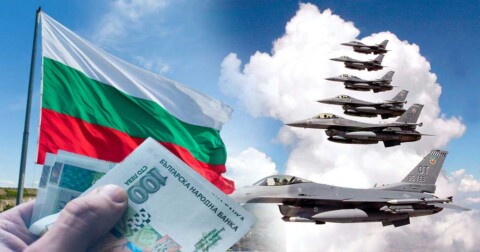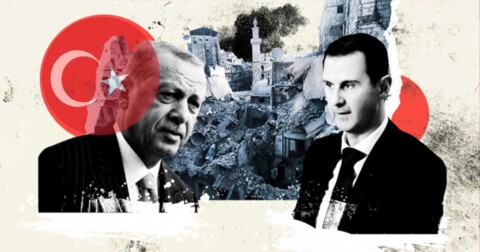The crisis of the modern age is no coincidence. It is the result of structural depoliticization, systematically carried out over decades. The loss of sovereignty is not merely due to external pressure, but also the consequence of internal withdrawal: from responsibility, from depth, from the very concept of statehood. While the media excitedly debate party bans, chancellor elections, and EU summits, a much deeper process is unfolding in Germany: the silent collapse of the political and cultural order whose legitimacy has long been bursting at the seams.
BAN OF AfD – A SIGN OF SYSTEM EROSION
The debate over banning the Alternative for Germany (AfD) party is not a sign of the system’s strength, but a symptom of its erosion. When the institutional complex – from constitutional bodies to courts and media – attempts to criminalize a democratically elected party, it is not the party that is on trial, but democracy itself. What is presented as a “defense of the Constitution” is in fact a defense of the status quo that has long diverged from constitutional principles. The banning of AfD is not a legal but a symbolic act: it is directed against the very idea of popular sovereignty.
FRIEDRICH MERZ: A CHANCELLOR WITHOUT AURA
The fact that Merz was not elected on the first attempt is not a technical glitch. It is a signal. His 310 out of 316 votes were votes of mistrust disguised as support. In a political system that has positioned itself for decades as the only alternative, every crack becomes a tectonic shift. Merz embodies the conservative vacuum. Not a visionary, not a counterforce, but an administrative clerk of decline, dressed in a bourgeois shell without substance. His election is not a rise, but the dying breath of a regime simulating its own existence.
GERMANY: A STELLVERTRETERSTAAT WITHOUT SOVEREIGNTY
Germany increasingly functions as a Stellvertreterstaat – a proxy state executing foreign agendas. In its policies toward Ukraine, energy, migration, and foreign affairs, Berlin does not act in the interest of its people, but in the interest of supranational centers of power. This self-denial runs deep: industrial policy is being sacrificed, cultural identity eroded, and economic foundations undermined. All of it is done in the name of fundamentalist values, which in practice mean strategic subjugation. This structural desubjectivation is no accident, but the result of a deliberately cultivated political immaturity. As early as the 1970s, Ernst Forsthoff called it “an administrative state without political essence.” Denationalization is not legal, but spiritual.
MEDIA AS STABILIZERS OF ILLUSION
This process is accompanied by a media system that has abandoned oversight and turned into a conductor. German media no longer reflect reality—they construct it. They shape public sentiment, define the boundaries of what is permissible, and punish any deviation. Trust is disappearing—not only in political parties but in the entire symbolic postwar order. The language of politics has become hollow, faces interchangeable, promises meaningless. The state is losing not only control, but also its purpose.
EUROPE – INTEGRATION OR DISINTEGRATION?
The EU is becoming less a space of protection and more a trigger of problems. It is no longer an engine of dialogue but a lever of pressure. The crisis of sovereignty is a crisis of the very idea of Europe. Against this backdrop, hidden renationalization processes are on the rise.
The Netherlands, Italy, France—across Europe, forces are emerging that do not seek the destruction of Europe, but a return to a union of nations and treaties. Toward a Europe without the Brussels colossus.
But the true drama runs deeper: Germany has found itself in a spiritual void. Its political class has lost a sense of responsibility, an understanding of the common good, and the language of the future. In its place—bureaucracy, displacement, denial.
The German idea, which once shaped the European cultural sphere, is dissolving in the functional logic of post-political management. There is no leadership, no dignity, no vision—only formulas, instructions, and the mantra “continue as is.”
What remains is the question: will Germany, as a nation, as an idea, as a historical subject, be able to emerge from this crisis—or will it forever remain in the role of a Stellvertreterstaat, stripped of its language, history, and sovereignty?
A revolution is not what is needed. What is needed is a spiritual reversal. A new realism. A new understanding of responsibility. And a new generation unafraid of the word “leadership” because it is capable of giving it substance.





